Research, News & Discoveries
-
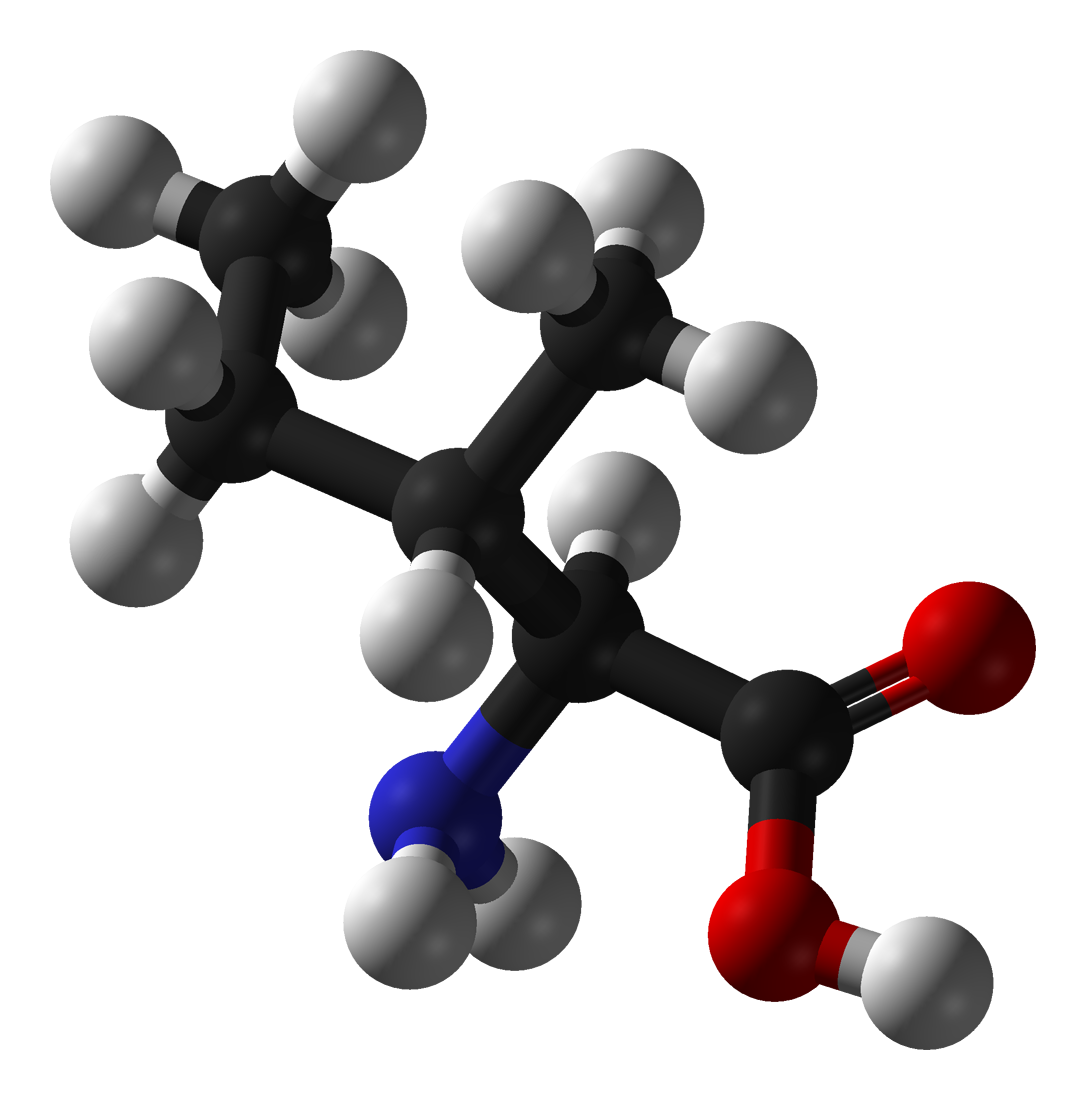
Multiplexing Natural Products Discovery
Multiplexing Natural Products Discovery An organism’s metabolome is the total of all the small molecules that it produces. Efforts to identify bioactive natural products in the metabolomes of microbes, plants, and other organisms are often thwarted by metabolome complexity and the heterogeneous nature of the cell populations to which… Read MoreJan. 18, 2018
-

Li and Weaver Named 2018 Chancellor Faculty Fellows
Bingshan Li, associate professor of molecular physiology and biophysics, and David Weaver, associate professor of pharmacology, have been named to the 2018 class of Chancellor Faculty Fellows. The class comprises highly accomplished, recently tenured faculty from all corners of campus. The faculty members will hold the title of Chancellor Faculty Fellow and will be supported by… Read MoreJan. 18, 2018
-

A spicy finding
Claus Schneider, PhD, and colleagues have now discovered that curcumin is a “pro-drug” that is converted into reactive metabolites with anti-inflammatory activities. The metabolites of curcumin, produced by oxidation reactions, covalently bind to and inhibit proteins in the inflammatory NF-kappa-B signaling pathway. The researchers found that curcumin undergoes oxidation reactions readily in… Read MoreJan. 18, 2018
-
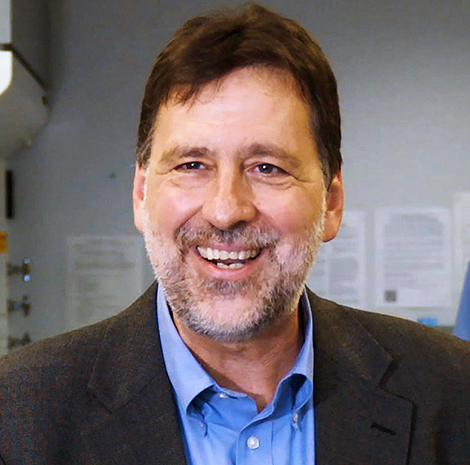
Investigators eye new target for treating movement disorders
Blocking a nerve-cell receptor in part of the brain that coordinates movement could improve the treatment of Parkinson’s disease, dyskinesia and other movement disorders, researchers at Vanderbilt University have reported. Their findings, published recently in the journal Neuron, focus on M4, a subtype of the muscarinic acetylcholine family of nerve cell (neuron) receptors… Read MoreJan. 18, 2018
-
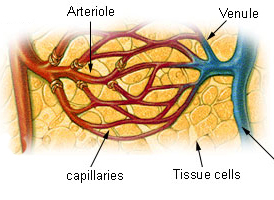
Escape of Insulin from Muscle Capillaries
Escape of Insulin from Muscle Capillaries Key to the maintenance of homeostasis in a complex, multicellular organism is inter-organ communication by means of molecular signals that are delivered via the circulation. However, to gain access to the target tissue, these molecules must be able to traverse the tightly adherent… Read MoreJan. 15, 2018
-
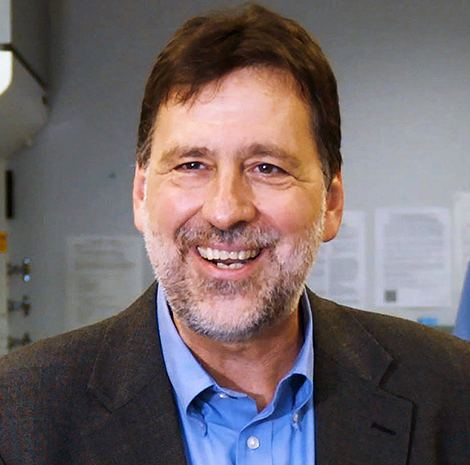
Vanderbilt signs licensing, research agreements to develop new approach to schizophrenia treatment
Vanderbilt University has signed separate licensing and research collaboration agreements with Lundbeck, a global pharmaceutical company based in Denmark, to develop a novel approach for treating schizophrenia. “We are excited to have the opportunity to work with our colleagues at Lundbeck to advance this promising new approach for treatment of a devastating… Read MoreJan. 12, 2018
-
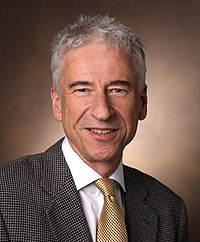
Macara named ‘Pink Tie Guy’ for Komen breast cancer research
Ian Macara, PhD, Louise B. McGavock Professor and Chair of Cell and Developmental Biology and co-leader of the Signal Transduction and Chemical Biology Research Program at Vanderbilt-Ingram Cancer Center (VICC), has been named one of the Pink Tie Guys for the Susan G. Komen Central Tennessee organization. The Pink Tie Guys… Read MoreJan. 12, 2018
-

Preserving Neuronal Plasticity During Stress
Preserving Neuronal Plasticity During Stress The prefrontal cortex (PFC) of the brain plays a key role in higher order mental processes such as cognition, motivation, attention, and memory. Stress can alter synaptic transmission in the PFC, and these changes may exacerbate symptoms of many psychiatric disorders. Glutamate is the… Read MoreJan. 12, 2018
-
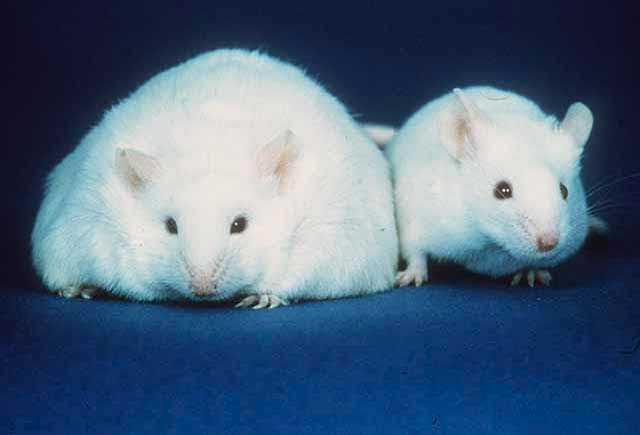
Evidence Against a Role for Eosinophils in Adipose Tissue Health
Evidence Against a Role for Eosinophils in Adipose Tissue Health Eosinophils are white blood cells distinguished by a multi-lobed nucleus and cytoplasm filled with granules that stain pink with hematoxylin and eosin stain. Known for their role in combatting parasitic infections and modulating allergic responses, eosinophils also regulate a… Read MoreJan. 12, 2018
-

Forming memories through CaMKII
The laboratory of Roger Colbran, PhD, has long studied a key calcium ion sensor, called calmodulin, and its target protein CaMKII in learning and memory. Now, in work recently published in The Journal of Biological Chemistry, graduate student Xiaohan Wang identified a novel direct interaction between activated CaMKII and an intracellular domain of… Read MoreJan. 5, 2018